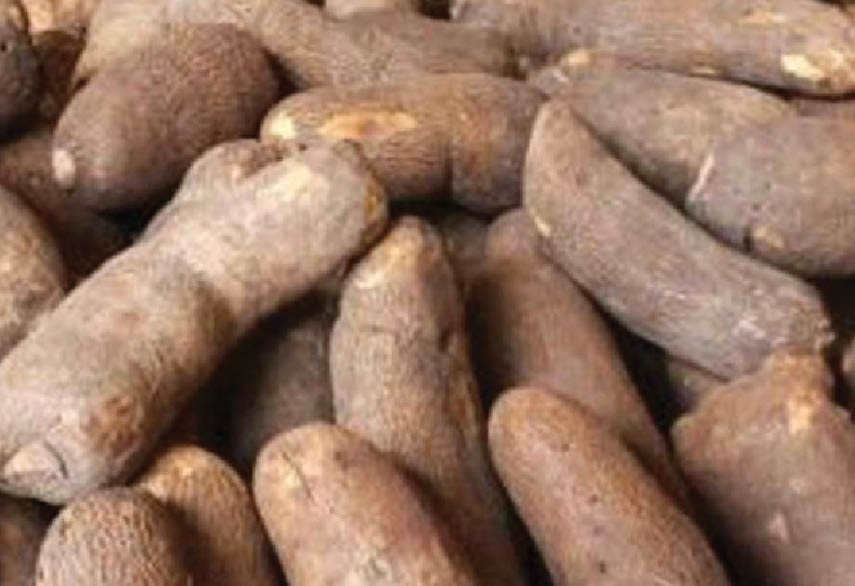Why our farm produce are rejected abroad – SON
Standard Organization of Nigeria (SON) has emphasized the need for stakeholders in agricultural produce in the country to maintain quality and standard on their products meant for export. Speaking at a North Central regional stakeholders’ workshop, themed, general sensitization on agricultural produce for export, in Ilorin on Tuesday, the director general and chief executive of […]

Yam is one of the Nigeria’s agric produce rejected abroad of recent
Standard Organization of Nigeria (SON) has emphasized the need for stakeholders in agricultural produce in the country to maintain quality and standard on their products meant for export.
Speaking at a North Central regional stakeholders’ workshop, themed, general sensitization on agricultural produce for export, in Ilorin on Tuesday, the director general and chief executive of the SON, Anthony Aboloma, said that transportation, storage facility, packaging and warehouse condition pose challenges that make export produce from Nigeria get rejected by foreign countries.
The SON boss, represented by the North Central regional coordinator of the agency, Charles Nwagbara, said that it is not in Nigeria that agricultural export produce did not meet standard, adding that distance, for example, from Nigeria to Europe could affect quality and standard of agric produce when it gets to foreign country.
“Standard is part of the security apparatus for the country. You use it to control and defend your populace from danger and risks products coming into your country. One per cent leakage can cause a chain of negative effect on the consumers and entire populace. That’s why some countries reject our products, especially when their regulations find the products faulty due to handling and transportation.
“If you have a quality product in Kwara State, before you move it for export using sea or air transportation, storage facility, warehouse or lack of knowledge on recommended pesticide or herbicide and its limit, or duration to use them, can make our products get rejected. And every country has that first principle or policy to protect its citizens. There’s no compromise about that.
“It is not in Nigeria here that products do not meet standard, but the distance from here, for example, to Europe using cargo, not to talk of ship, could affect quality and standard of agric product,’’ he said.
